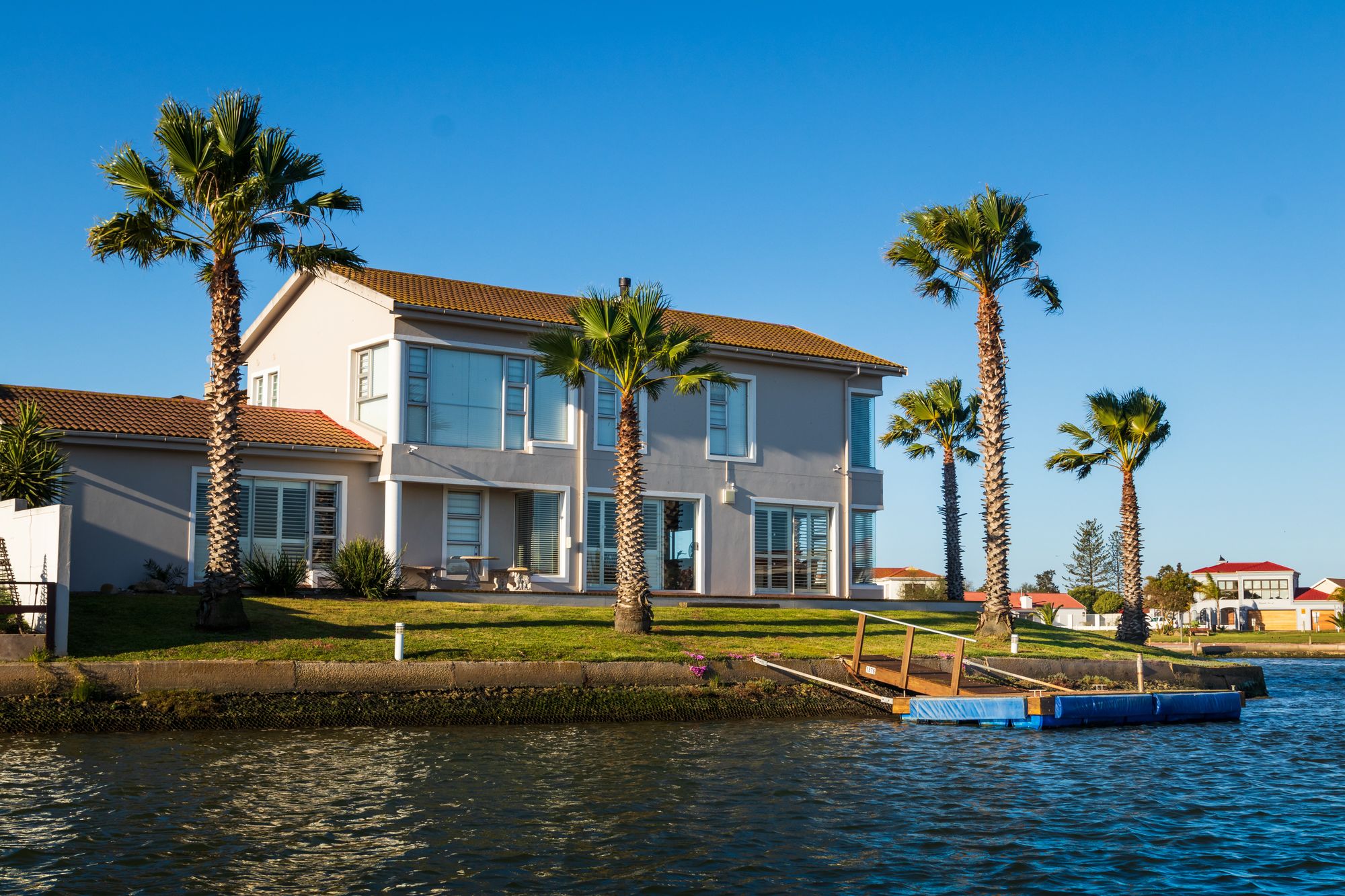What is a Timeshare?
A timeshare is an arrangement that allows for shared ownership of a vacation property. As co-owner of a timeshare, you are allotted a period of time for the exclusive use of the property.

A timeshare is an arrangement that allows for shared ownership of a vacation property. As co-owner of a timeshare, you are allotted a period of time for the exclusive use of the property. The length of this time period varies depending on your stake in the property. Typically, buyers of timeshare properties own allotments of usage in one-week increments.
Types of Timeshare Frameworks
As co-owner of a timeshare property, you have the right to exclusive use of the property for a certain period of time each year. However, there are different types of timeshare frameworks that dictate how you can choose the period of time that you are allowed to use the property.
Fixed week
A fixed week timeshare permits you to use the property for a fixed period, each year. This is a preferred alternative if you are planning a vacation, since you are only allowed to use the property during a specific time.
Conversely, a fixed week framework makes it quite challenging to accommodate the specific time period every year while juggling that with your other commitments, as it is difficult to reschedule the fixed time period.
Floating week
A floating week timeshare gives you some flexibility to choose the time period you wish to use the property within a predefined extended time period. Some floating week timeshares do not impose a predefined period, allowing you to choose your preferred time period anytime during the year. However, you need to plan and reserve your time slot well in advance as the popular time periods are also in high demand.
Points
The points system assigns you a certain number of points each year, where you can use those points to redeem stays at various properties each year. The number of points you require to redeem a stay at the timeshare property depends on the location, size and demand for the property.
Types of ownership
In terms of the legal ownership structures of timeshares, there are two main types:
Shared deeded ownership
You legally own a percentage of the actual property, with the amount you own dependent on the time period purchased. For example, if you purchase a plan to use the timeshare property for one week every year, it means that you own 1/52 of that property. This allows you to personally occupy the property during your allocated period, or rent it out to others. Furthermore, since you have legal ownership of a portion of the property, you are allowed to sell your share of the property to others, or will to others in the form of inheritance.
Shared leased ownership
The timeshare developer legally owns the property but you may use the property for a fixed or floating week each year. It would be challenging for you to sell your share of the property because you do not possess the title deed. You are also not allowed to rent the property out in the event you are unable to use the property.
For shared leased ownership, you have no real ownership over the property, rather you are guaranteed time to use the property, similar to renting an Airbnb property or booking a hotel room.
Sign Up at RealVantageAdvantages and Disadvantages of Timeshares
Timeshares may not be suitable for everyone. Although there are several advantages to using timeshares, you must be cognizant of the downsides and any hidden costs before you choose to enter a timeshare agreement.
Advantages
Predictability. Timeshares provide some sense of familiarity as you always visit the same property for your holidays. Even if your timeshares allow you to choose between various resorts, they are likely to have similar facilities across the different resorts.
Quality of facilities. Timeshares typically offer resort amenities for the whole family such as larger rooms, swimming pools, fully-equipped kitchens, etc, which traditional hotels may not offer.
Disadvantages
High fees. Timeshare properties usually come with higher costs upfront, as well as high maintenance fees that increase each year. Furthermore, for deeded timeshares, the owner may also have to pay a portion of the mortgage and property taxes.
Little flexibility. If you own a fixed timeshare, it is highly difficult to change your allocated time period. Even if this is possible, you will likely incur very high costs.
Low liquidity. In the event that you no longer wish to finance the timeshare, it is notoriously difficult to exit the contract. Even if you are able to do so and sell it to others, the resale price would be much lower compared to the initial price due to the large number of people who are also trying to sell their timeshares.
Aggressive marketing. The timeshare industry is known for its aggressive marketing and sales tactics to influence buyers to purchase their products. They may use lucky draws or free vacation stays to entice you, put pressure on you to commit immediately, or conceal certain costs to make the deal appear more attractive than what it actually is.
Be sure to read the fine print and understand the terms and conditions before you sign on the dotted line.
Is a Timeshare Suitable for Me?
If you are contemplating a timeshare property only as a vacation choice, looking for deals in the secondary resale market is a better option since the corresponding prices are lower. As an investment, timeshares may not be not suitable for the average investor due to steep upfront costs, long term maintenance fees, low liquidity and low resale price.
Furthermore, if you enter a shared leased ownership, you do not even hold the deed to the property, and cannot rent it out to provide you any cash flows in return.
If you are looking for investment properties, it is generally much wiser to invest your money in traditional real estate. You can place your money with a real estate fund manager, where you can build a constantly optimised property investment portfolio. With fractional ownership of property now possible, it is easier to build a property investment portfolio to harness the potential of real estate investing. Tap into the expertise of a property portfolio manager today!
About RealVantage
RealVantage is a leading real estate co-investment platform, licensed and regulated by the Monetary Authority of Singapore (MAS), that allows our investors to diversify across markets, overseas properties, sectors and investment strategies.
The team at RealVantage are highly qualified professionals who brings about a multi-disciplinary vision and approach in their respective fields towards business development, management, and client satisfaction. The team is led by distinguished Board of Advisors and advisory committee who provide cross-functional and multi-disciplinary expertise to the RealVantage team ranging from real estate, corporate finance, technology, venture capital, and startups growth. The team's philosophy, core values, and technological edge help clients build a diversified and high-performing real estate investment portfolio.
Get in touch with RealVantage today to see how they can help you in your real estate investment journey.
Disclaimer: The information and/or documents contained in this article does not constitute financial advice and is meant for educational purposes. Please consult your financial advisor, accountant, and/or attorney before proceeding with any financial/real estate investments.
